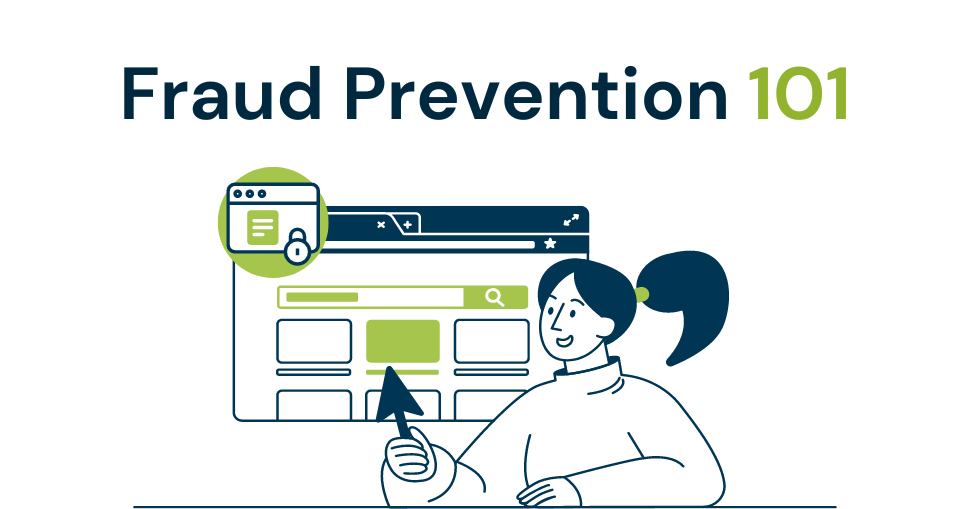Each link in the payments chain fulfils a function on behalf of a sector of the market. Every organisation acts on behalf of either end consumers, businesses also known as merchants, and financial institutions. We look at the role issuing banks and acquirers play in the financial chain.
What is an Issuing Bank?
An issuer is a bank or financial institution which provides debit, credit, and/or prepaid cards to consumers on behalf of payment card schemes. Typical payment card schemes include Visa and Mastercard, for example. In 2021, 1.12 billion cards were in circulation in the EU alone. Every one of these cards was provided to consumers via an issuer.
Where do issuers fit in the chain and what roles do they play?
When a consumer makes a purchase with their card for a product or service from a merchant, this information is passed to the acquirer which then references the relevant card scheme and the issuer to collect funds. The issuing bank is the intermediary between cardholders, card schemes, and acquirers. The information sent from the issuer determines whether the payment from the customer is accepted or not. The issuer needs to confirm whether there are sufficient funds to pay for the purchase, then transfers money to the acquirer who then pays the merchant.
Issuers also protect consumer card data, financial movements, and access to their accounts. They manage any card related services. These range from renewing cards and resolving disputes on behalf of the cardholder to blocking cards due to loss or theft. When you decide on which issuer your business wants to use, think beyond just transactions. Look at their fees, customer service, marketing activities and reputation. Remember, your issuer sits at the heart of you getting paid. If you have a challenging relationship with your issuer or choose a bad one, your business might be tanked before it even starts. Speak to Truevo about your needs before you make a final decision.
Issuers are compensated for their part in the payments process and the risk they incur in the case that cardholders fail to pay their debts. Consumers, acquirers, and merchants are charged fees and/or interest depending on where they sit in the payments process. Merchants, specifically, pay for the issuer’s service in the form of a processing fee (known in the industry as the Interchange fee) equal to a percentage of each transaction.
The Difference Between an Issuer and an Acquirer
Issuers exist on behalf of the cardholder whereas acquirers represent businesses accepting cards and electronic payment transactions. Issuers provide cards to consumers while acquirers help merchants accept card payments.
One good way to understand where each sits within the payments process is to consider which acts on behalf of cardholders and which acts on behalf of merchants in the instance of a chargeback. When a cardholder disputes a card or electronic payment for some valid reason (fraud, breach of conditions, goods not delivered, etc.), the issuing bank immediately reverses the sale, withdraws the acquirer’s funds, and returns the funds to the cardholder. If the merchant wishes to dispute the chargeback, the acquirer then acts on their behalf by gathering evidence as to why the transaction was valid. This information is then sent from the acquirer to the card issuer who examines the details and determines whether to cancel the charge or to keep it.
Why are Issuers Important to Merchants?
Issuers are important to merchants because, without them, consumers wouldn’t have credit, debit, or prepaid cards to pay for purchases. Also, issuers hold most of the leverage when it comes to the chargeback or dispute process. It’s up to the issuer to make the final decision on whether a merchant receives a chargeback or not.
If you run an ecommerce business or accept online payments you’ll know that you are just as good as your last transaction is. Take your time and do sufficient research before you choose an acquirer because your online success might just depend on it. Speak to Truevo about the products and services we offer merchants. We’re one of the acquirers that are iterating faster than anybody else and our customer service will help you get on board the ecommerce train.



